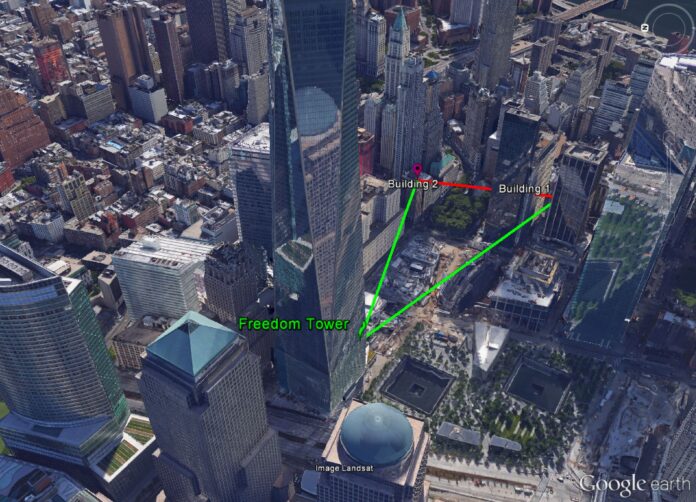Lack of fiber availability brings radio and microwave solutions to the forefront
Densification in metro networks becomes increasingly challenging largely due to limited real estate and fiber access. This trend has forced the evolution of radio backhaul technology as evidenced by Fastback Networks’ IBR, which works in any line-of-sight condition.
Fastback’s Intelligent Backhaul Radio was selected by managed services firm Perseus for a deployment in lower Manhattan, according to a June 29 announcement from the companies. Fastback touts the IBR as providing “fiber equivalent performance,” in this case, 760 megabits per second aggregate throughput in a fully obstructed line-of-sight scenario.
Perseus CEO Jock Percy said the Fastback product “is a perfect option for fiber extension applications where fiber is not available or economically viable, and where traditional microwave solutions would not make the grade in terms of performance, reliability and cost effectiveness.”
A major benefit of radio backhaul is ease of installation. In this case, Perseus was able to deploy within a day; the IBR units are capable of autonomous synchronization, which saves operating expenses related to frequency planning.
Fastback CEO Kevin Duffy said the IBR provides the “reliable, high-capacity connectivity [that] is the lifeline for organizations in financial services, and essential industries like energy and transportation, health care, education and entertainment.”
Duffy continued: “As Perseus has demonstrated, the Fastback IBR enables extension of high-speed wireless connectivity services to more locations with greater certainty. This makes the IBR ideal for extending or providing backup for commercial services.”
Duffy described the IBR in an exclusive interview with RCR Wireless News at the Tessco One Show 2015 in Dallas.
He was also on hand for the Small Cells World Summit in London to discuss the attendant backhaul challenges associated with large-scale small cell network deployments.

